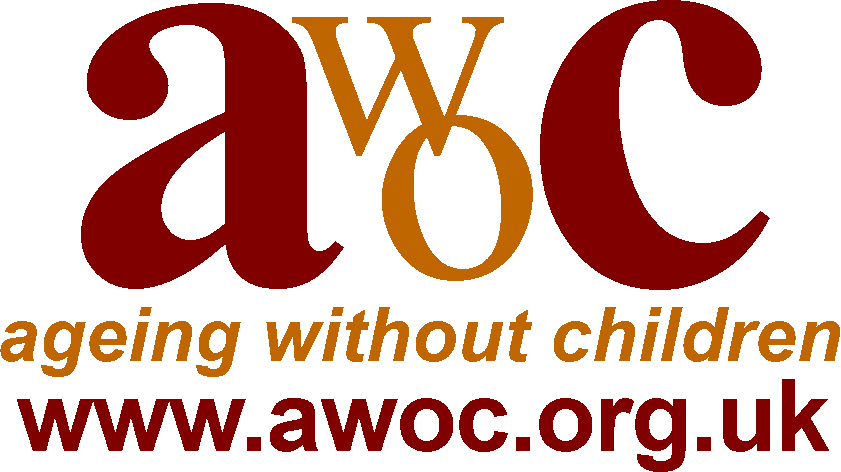
It’s World Alzheimer’s’ Month and of all the many concerns people ageing without children have, what happens if they get Alzheimer’s or dementia is one of the biggest; It also asks one of the most poignant questions;
‘Who will remember who I was when I don’t remember?’
” If I get dementia, who is going to tell the carers I don’t like sprouts and hate ‘Eastenders’? No-one is going to know, are they? And I won’t be able to tell them.’
Each of us has our life story: the person we were, the person we are, the person we will be. Often these life stories are preserved in the people around us – family and friends. But if we don’t have a family, and our friends are getting older and dying, who will remain to tell our stories? For people ageing without children, the awareness that there will be no one to do that leads to an immense feeling of loss, and lack of legacy.
Wonderful work has been done in the field of dementia by people living with dementia and their children, with the children helping to tell the story of their parents, and ensuring that they are seen by NHS and social care staff as people with a life history. Despite the high profile campaigns around Alzheimers and dementia, how the needs of people ageing without children with Alzheimers or dementia should be addressed has barely featured. Certainly no mainstream conference on Alzehimer’s has addressed the issue to our knowledge despite people ageing without children already numbering over 1 million people over 65.
Initial conversations with organisations working in the field suggest that most contact with people with dementia is via carers and therefore that if someone does not have a carer, they are hard to reach and involve. We understand this but surely this suggests it is even more critical to proactively find people ageing without children or family who also have Alzheimer’s?
We know for example that people with Alzheimer’s or dementia are more likely to be in a care home, we also know that people ageing without children are 25% more likely to be in a care home than those with children or family. Surely this must suggest a grave need to reach out to care homes and find those hit by the double whammy of having lost the ability to live independently because of Alzheimer’s and also having no children or family to monitor their care and advocate for them?
The same also goes for hospital care; there have been numerous blogs published from sons and daughters highlighting poor examples of care in hospital for their parents when they have Alzheimer’s. It is safe to assume that that poor care is equally affecting those without children or family, the difference is that there is no one to see it happening and bring it to the attention of the public.
People ageing with no children or family and with a diagnosis of Alzheimer’s or dementia must not be put in the “too difficult” box any longer. It’s time to act!
